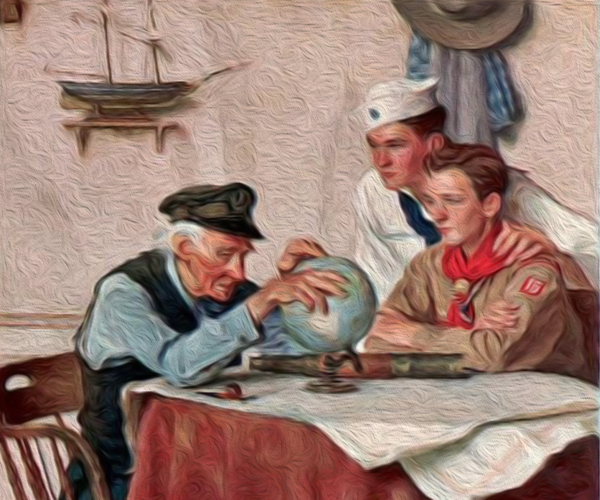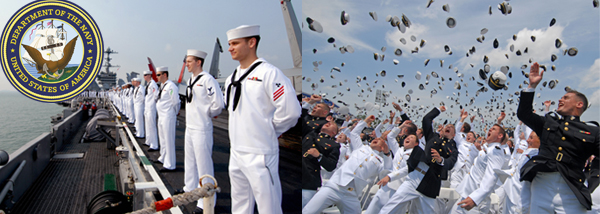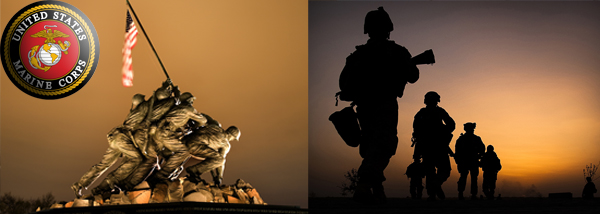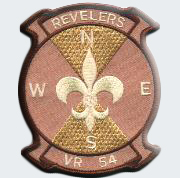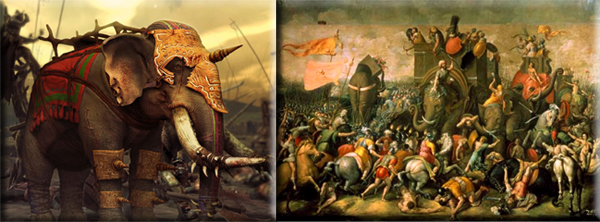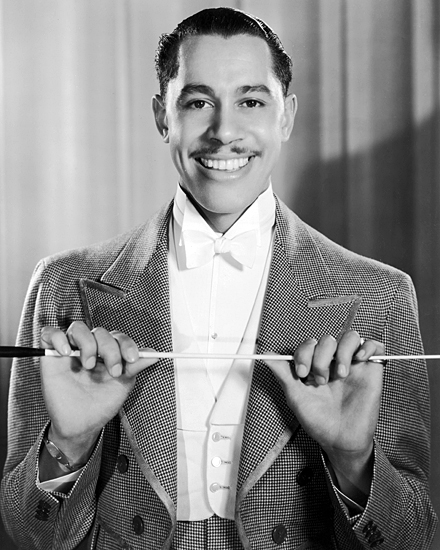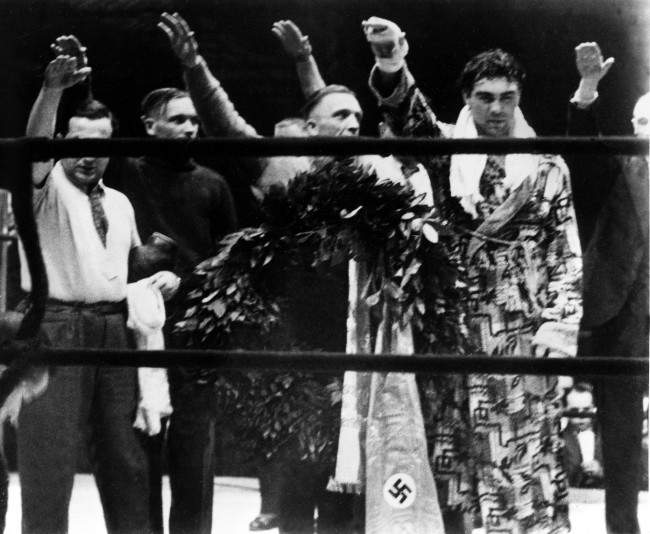
Naval committee established by Congress on October 30, 1775
Naval committee established by Congress: On this day in 1775, the Continental Congress appoints seven members to serve on an administrative naval committee tasked with the acquisition, outfitting and manning of a naval fleet to be used in defense against the British. Almost two weeks earlier, on October 13, 1775, Congress had authorized the construction and arming of vessels for the country's first navy.
Members of the first naval committee included some of the most influential members of the Continental Congress and several “founding fathers”, including John Adams, Joseph Hewes, John Langdon, Richard Henry Lee, Silas Deane and Stephen Hopkins, the committee's chairman.
On December 22, Esek Hopkins, Stephen's brother, was appointed the first commander in chief of the Continental Navy. Congress also named four captains to the new service: Dudley Saltonstall, Abraham Whipple, Nicholas Biddle and John Burrows Hopkins. Their respective vessels, the 24-gun frigates Alfred and Columbus, and the14-gun brigs Andrew Doria and Cabot, as well as three schooners, the Hornet, the Wasp and the Fly, became the first ships of the Navy's fleet. Five first lieutenants, including future American hero John Paul Jones, five second lieutenants and three third lieutenants also received their commissions.
With help from the committee, America's first navy went from a fleet of two vessels on the day Congress established the naval committee to a fleet of more than 40 armed ships and vessels at the height of the War for Independence. The Continental Navy successfully preyed upon British merchant shipping and won several victories over British warships. This first naval force was disbanded after the war. What is now known as the United States Navy was formally established with the creation of the federal Department of the Navy in April 1798.
History Channel / History of the Continental Navy (Wikipedia) - History of the United States Marine Corps (Wikipedia) / Congress and the Continental Navy, 1775-1783: Chronology and Documents (Navy.mil)
Paintings: Battle of the Virginia Capes French (left) and British (right) ships of the line (September 5, 1781) / off the Virginia Capes, Atlantic Ocean / (Result: French victory)
• Engraving based on the painting “Action Between the Serapis and Bonhomme Richard” by Richard Paton, published 1780; Battle off Cape St Vincent January 16, 1780 by Francis Holman;
• Naval battle off Halifax, Nova Scotia, 1781; Battle of the Saintes, April 12, 1782: surrender of the Ville de Paris by Thomas Whitcombe. painted 1783, shows Samuel Hood's Barfleur center, attacking the French flagship Ville de Paris. Wikipedia
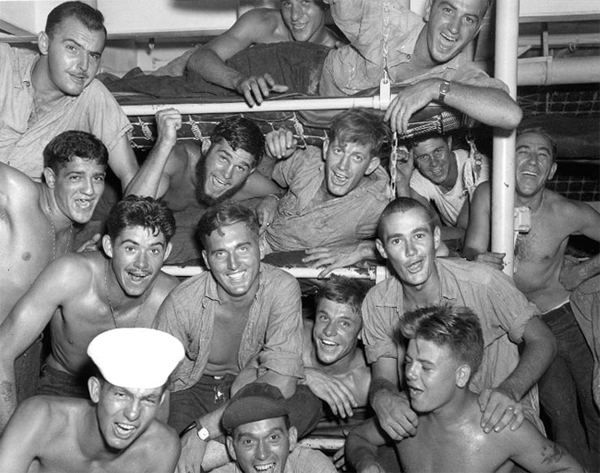
The Old Salt’s Corner
“Written By a World War Two Sailor”
Come gather round me lads and I'll tell you a thing or two,
about the way we ran the Navy in nineteen forty two.
When wooden ships and iron men were barely out of sight,
I am going to give you some facts just to set the record right.
We wore the ole bell bottoms, with a flat hat on our head,
and we always hit the sack at night. We never “went to bed”.
Our uniforms were worn ashore, and we were mighty proud.
Never thought of wearing civvies, in fact they were not allowed.
Now when a ship puts out to sea. I'll tell you son- it hurts!
When suddenly you notice that half the crews wearing skirts.
And it's hard for me to imagine, a female boatswains mate,
stopping on the Quarter deck to make sure her stockings are straight.
What happened to the KiYi brush, and the old sa lt-water bath?
Holy stoning decks at night- cause you stirred old Bosn's wrath!
We always had our gedunk stand and lots of pogey bait.
And it always took a hitch or two ,just to make a rate.
In your seabag all your skivvies, were neatly stopped and rolled.
And the blankets on your sack had better have a three-inch fold.
Your little ditty bag . . it is hard to believe just how much it held,
and you wouldn't go ashore with pants that hadn't been spiked and belled.
We had scullery maids and succotash and good old S.O.S.
And when you felt like topping off -you headed for the mess.
Oh we had our belly robbers- but there weren't too many gripes.
For the deck apes were never hungry and there were no starving snipes.
Now you never hear of Davey Jones, Shellbacks Or Polliwogs,
and you never splice the mainbrace to receive your daily grog.
Now you never have to dog a watch or stand the main event.
You even tie your lines today - back in my time they were bent.
We were all two-fisted drinkers and no one thought you sinned,
if you staggered back aboard your ship, three sheets to the wind.
And with just a couple hours of sleep you regained your usual luster.
Bright eyed and bushy tailed- you still made morning muster.
Rocks and shoals have long since gone, and now it's U.C.M.J.
THEN the old man handled everything if you should go astray.
Now they steer the ships with dials, and I wouldn't be surprised,
if some day they sailed the damned things- from the beach computerized.
So when my earthly hitch is over, and the good Lord picks the best,
I'LL walk right up to HIM and say, “Sir, I have but one request -
Let me sail the seas of Heaven in a coat of N avy blue.
Like I did so long ago on earth - way back in nineteen-forty two.”
Lt. J.G Don Ballard joined the U.S. Navy in 1935 when he received $21.00 per Month. What the author says in his words is true. In 1935 only 13 men joined the Navy (from Tennessee) and Don was one of them.
Proudly copied from Lt. Ballard USN Retired, April 13, 2002, who loved the Navy and all the men he served with in all of World War Two.

Bizarre News (we couldn’t make up stuff this good – real news story)

KINGSTON-ON-HULL, England - A British dwarf who dropped his pants at a government office and defecated on the floor was warned by a judge to clean up his act or face jail time.
Hull Crown Court heard Ian Salter-Bromley, 54, who stands 4 feet tall, dropped his pants at the Wilson Center in Hull when he visited the government office to complain about his housing situation. Salter-Bromley urinated on the floor and defecated twice during the July 29 incident, the court heard.
The court heard Salter-Bromley, who lives in assisted housing, had been angry because everything in his kitchen is 8 inches too high for him to reach and his neighbors have been abusing him because of his dwarfism. “My neighbors are drug addicts, alcoholics and young mothers. I have to put up with all their abuse”, Salter-Bromley said. “People make fun of me. You would not believe the abuse I get. Kids say in the holidays 'let's torment the dwarf.”
“If I say things, I get treated like a child -- all because I look different. They drag me around and push me in the road. That seems to be acceptable, because the police don't want to know”, he said.
Judge Jeremy Richardson said he was shocked by the defendant's behavior. “Mr. Salter-Bromley has shown a disgusting lack of personal hygiene and his conduct has been disgraceful”, he said. “I truly regret having to make these observations here. In many ways, I feel sorry for him.” The judge handed down a 21-day suspended jail sentence and warned Salter-Bromley the sentence could be activated if there are any further incidents. “Any more breaches and I will probably activate this prison sentence. Please, please, behave in a civilized way. Taking your trousers off and exposing your person before defecating and urinating, then abusing staff is uncivilized”, the judge said. UPI (United Press International)


